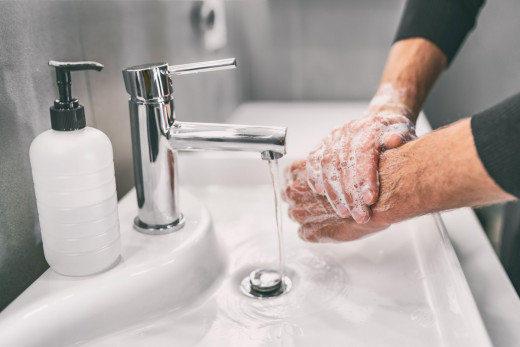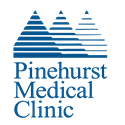
Proper Handwashing
Frequent hand-washing is one of the best ways to avoid getting sick and spreading illness. Find out when and how to wash your hands properly. As you touch people, surfaces and objects throughout the day, you accumulate germs on your hands. You can infect yourself with these germs by touching your eyes, nose or mouth, or spread them to others. Although it’s impossible to keep your hands germ-free, washing your hands frequently can help limit the transfer of bacteria, viruses and other microbes.
Always wash your hands before:
· Preparing food or eating
· Treating wounds or caring for a sick person
· Inserting or removing contact lenses
Always wash your hands after:
· Preparing food
· Using the toilet, changing a diaper or cleaning up a child who has used the toilet
· Touching an animal, animal feed or animal waste
· Blowing your nose, coughing or sneezing
· Treating wounds or caring for a sick person
· Handling garbage
· Handling pet food or pet treats
Also, wash your hands when they are visibly dirty.
Back





